PUBLIC SENTIMENT TOWARDS VACCINATIONS
입력 2021.06.01 (15:48)
수정 2021.06.01 (16:46)
읽어주기 기능은 크롬기반의
브라우저에서만 사용하실 수 있습니다.
[Anchor Lead]
In an effort to encourage people to get inoculated against the coronavirus, the government eased anti-virus restrictions and provided other incentives for those vaccinated starting Tuesday. A government survey showed seven out of ten South Koreans are willing to receive a vaccine, indicating a positive shift in public sentiment towards vaccinations.
[Pkg]
Starting today, social-distancing and anti-virus rules will be eased for vaccine recipients. Those who have had at least one COVID-19 shot will be able to meet their immediate family members beyond the current cap of eight people. This measure will affect just under four million people who received the first jab of a two-shot regimen at least two weeks ago. Nursing homes or hospitals will allow patients to have in-person meetings with guests if either of the two sides is fully vaccinated. Some 45,000 geriatric facilities will resume operations and activities. There are signs that South Korean people are changing their attitude toward COVID-19 vaccines. According to a survey conducted by the government, nearly 70 percent of respondents were willing to get vaccinated. It is up eight percentage points from a previous poll conducted a month ago. The largest number of them answered that they will get inoculated in order to protect their families from the virus.
[Soundbite] Baek Young-oh(Vaccine recipient) : "I decided to get inoculated for my family and neighbors."
Eight-five percent of vaccine recipients said they will recommend their families and friends receive vaccines. The number of those unwilling to get vaccinated dropped 3.5 percentage points from a month earlier. The most common reason was concerns over adverse reactions.
[Soundbite] (Person rejecting vaccination(VOICE MODIFIED)) : "Because there are lots of adverse reactions, I will not get a vaccine yet."
Meanwhile, South Korea reported its first case of rare blood clotting with a COVID-vaccine recipient. It was a man in his early 30s who received an AstraZeneca shot on April 27. The government explained that it was the only case among 3.27 million vaccine recipients and the incidence rate is quite low, compared to those in other countries. It added the vaccine-related blood clotting is fully curable if it is found and treated early.
In an effort to encourage people to get inoculated against the coronavirus, the government eased anti-virus restrictions and provided other incentives for those vaccinated starting Tuesday. A government survey showed seven out of ten South Koreans are willing to receive a vaccine, indicating a positive shift in public sentiment towards vaccinations.
[Pkg]
Starting today, social-distancing and anti-virus rules will be eased for vaccine recipients. Those who have had at least one COVID-19 shot will be able to meet their immediate family members beyond the current cap of eight people. This measure will affect just under four million people who received the first jab of a two-shot regimen at least two weeks ago. Nursing homes or hospitals will allow patients to have in-person meetings with guests if either of the two sides is fully vaccinated. Some 45,000 geriatric facilities will resume operations and activities. There are signs that South Korean people are changing their attitude toward COVID-19 vaccines. According to a survey conducted by the government, nearly 70 percent of respondents were willing to get vaccinated. It is up eight percentage points from a previous poll conducted a month ago. The largest number of them answered that they will get inoculated in order to protect their families from the virus.
[Soundbite] Baek Young-oh(Vaccine recipient) : "I decided to get inoculated for my family and neighbors."
Eight-five percent of vaccine recipients said they will recommend their families and friends receive vaccines. The number of those unwilling to get vaccinated dropped 3.5 percentage points from a month earlier. The most common reason was concerns over adverse reactions.
[Soundbite] (Person rejecting vaccination(VOICE MODIFIED)) : "Because there are lots of adverse reactions, I will not get a vaccine yet."
Meanwhile, South Korea reported its first case of rare blood clotting with a COVID-vaccine recipient. It was a man in his early 30s who received an AstraZeneca shot on April 27. The government explained that it was the only case among 3.27 million vaccine recipients and the incidence rate is quite low, compared to those in other countries. It added the vaccine-related blood clotting is fully curable if it is found and treated early.
■ 제보하기
▷ 카카오톡 : 'KBS제보' 검색, 채널 추가
▷ 전화 : 02-781-1234, 4444
▷ 이메일 : kbs1234@kbs.co.kr
▷ 유튜브, 네이버, 카카오에서도 KBS뉴스를 구독해주세요!
- PUBLIC SENTIMENT TOWARDS VACCINATIONS
-
- 입력 2021-06-01 15:48:15
- 수정2021-06-01 16:46:21
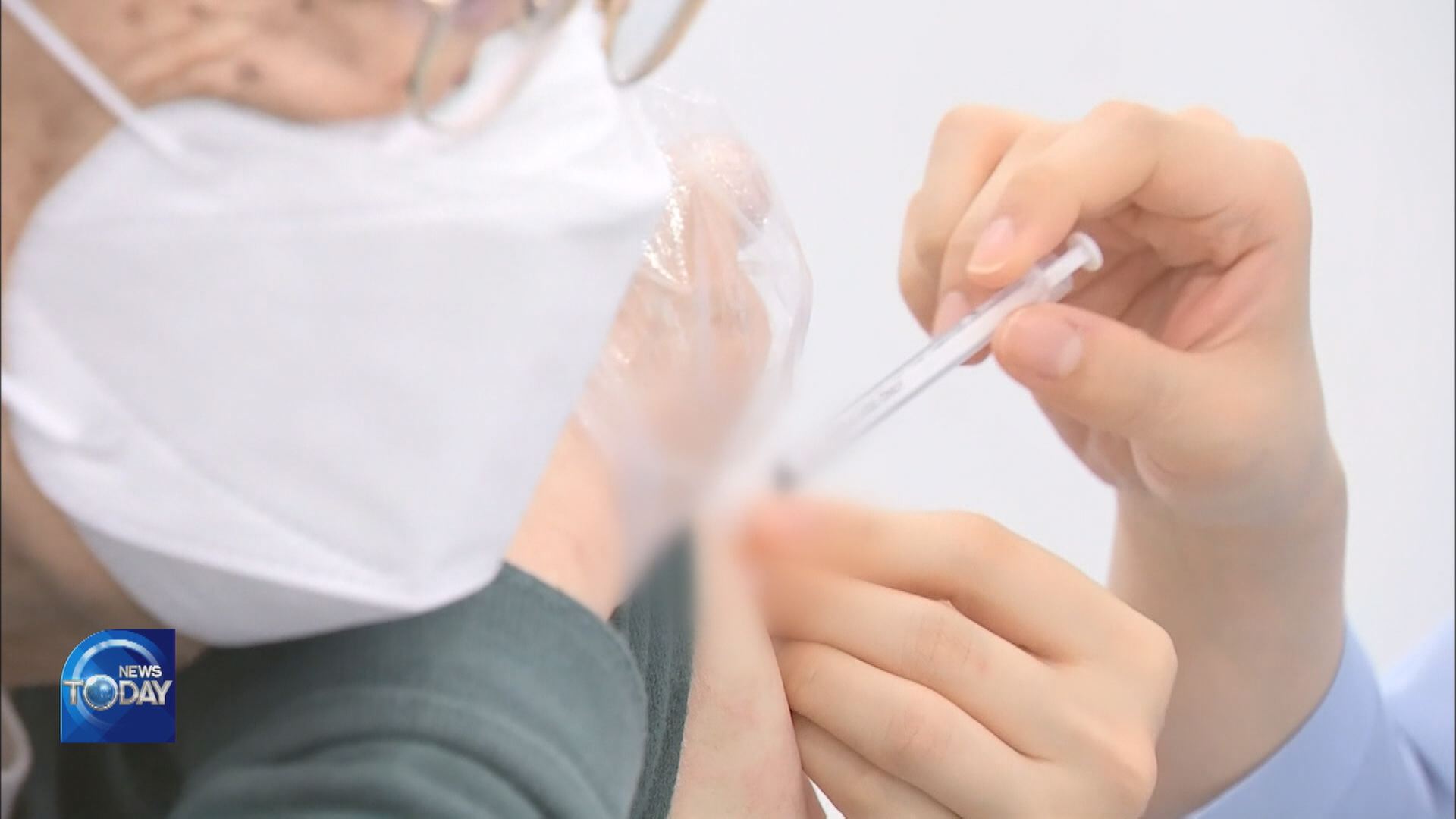
[Anchor Lead]
In an effort to encourage people to get inoculated against the coronavirus, the government eased anti-virus restrictions and provided other incentives for those vaccinated starting Tuesday. A government survey showed seven out of ten South Koreans are willing to receive a vaccine, indicating a positive shift in public sentiment towards vaccinations.
[Pkg]
Starting today, social-distancing and anti-virus rules will be eased for vaccine recipients. Those who have had at least one COVID-19 shot will be able to meet their immediate family members beyond the current cap of eight people. This measure will affect just under four million people who received the first jab of a two-shot regimen at least two weeks ago. Nursing homes or hospitals will allow patients to have in-person meetings with guests if either of the two sides is fully vaccinated. Some 45,000 geriatric facilities will resume operations and activities. There are signs that South Korean people are changing their attitude toward COVID-19 vaccines. According to a survey conducted by the government, nearly 70 percent of respondents were willing to get vaccinated. It is up eight percentage points from a previous poll conducted a month ago. The largest number of them answered that they will get inoculated in order to protect their families from the virus.
[Soundbite] Baek Young-oh(Vaccine recipient) : "I decided to get inoculated for my family and neighbors."
Eight-five percent of vaccine recipients said they will recommend their families and friends receive vaccines. The number of those unwilling to get vaccinated dropped 3.5 percentage points from a month earlier. The most common reason was concerns over adverse reactions.
[Soundbite] (Person rejecting vaccination(VOICE MODIFIED)) : "Because there are lots of adverse reactions, I will not get a vaccine yet."
Meanwhile, South Korea reported its first case of rare blood clotting with a COVID-vaccine recipient. It was a man in his early 30s who received an AstraZeneca shot on April 27. The government explained that it was the only case among 3.27 million vaccine recipients and the incidence rate is quite low, compared to those in other countries. It added the vaccine-related blood clotting is fully curable if it is found and treated early.
In an effort to encourage people to get inoculated against the coronavirus, the government eased anti-virus restrictions and provided other incentives for those vaccinated starting Tuesday. A government survey showed seven out of ten South Koreans are willing to receive a vaccine, indicating a positive shift in public sentiment towards vaccinations.
[Pkg]
Starting today, social-distancing and anti-virus rules will be eased for vaccine recipients. Those who have had at least one COVID-19 shot will be able to meet their immediate family members beyond the current cap of eight people. This measure will affect just under four million people who received the first jab of a two-shot regimen at least two weeks ago. Nursing homes or hospitals will allow patients to have in-person meetings with guests if either of the two sides is fully vaccinated. Some 45,000 geriatric facilities will resume operations and activities. There are signs that South Korean people are changing their attitude toward COVID-19 vaccines. According to a survey conducted by the government, nearly 70 percent of respondents were willing to get vaccinated. It is up eight percentage points from a previous poll conducted a month ago. The largest number of them answered that they will get inoculated in order to protect their families from the virus.
[Soundbite] Baek Young-oh(Vaccine recipient) : "I decided to get inoculated for my family and neighbors."
Eight-five percent of vaccine recipients said they will recommend their families and friends receive vaccines. The number of those unwilling to get vaccinated dropped 3.5 percentage points from a month earlier. The most common reason was concerns over adverse reactions.
[Soundbite] (Person rejecting vaccination(VOICE MODIFIED)) : "Because there are lots of adverse reactions, I will not get a vaccine yet."
Meanwhile, South Korea reported its first case of rare blood clotting with a COVID-vaccine recipient. It was a man in his early 30s who received an AstraZeneca shot on April 27. The government explained that it was the only case among 3.27 million vaccine recipients and the incidence rate is quite low, compared to those in other countries. It added the vaccine-related blood clotting is fully curable if it is found and treated early.
이 기사가 좋으셨다면
-
좋아요
0
-
응원해요
0
-
후속 원해요
0










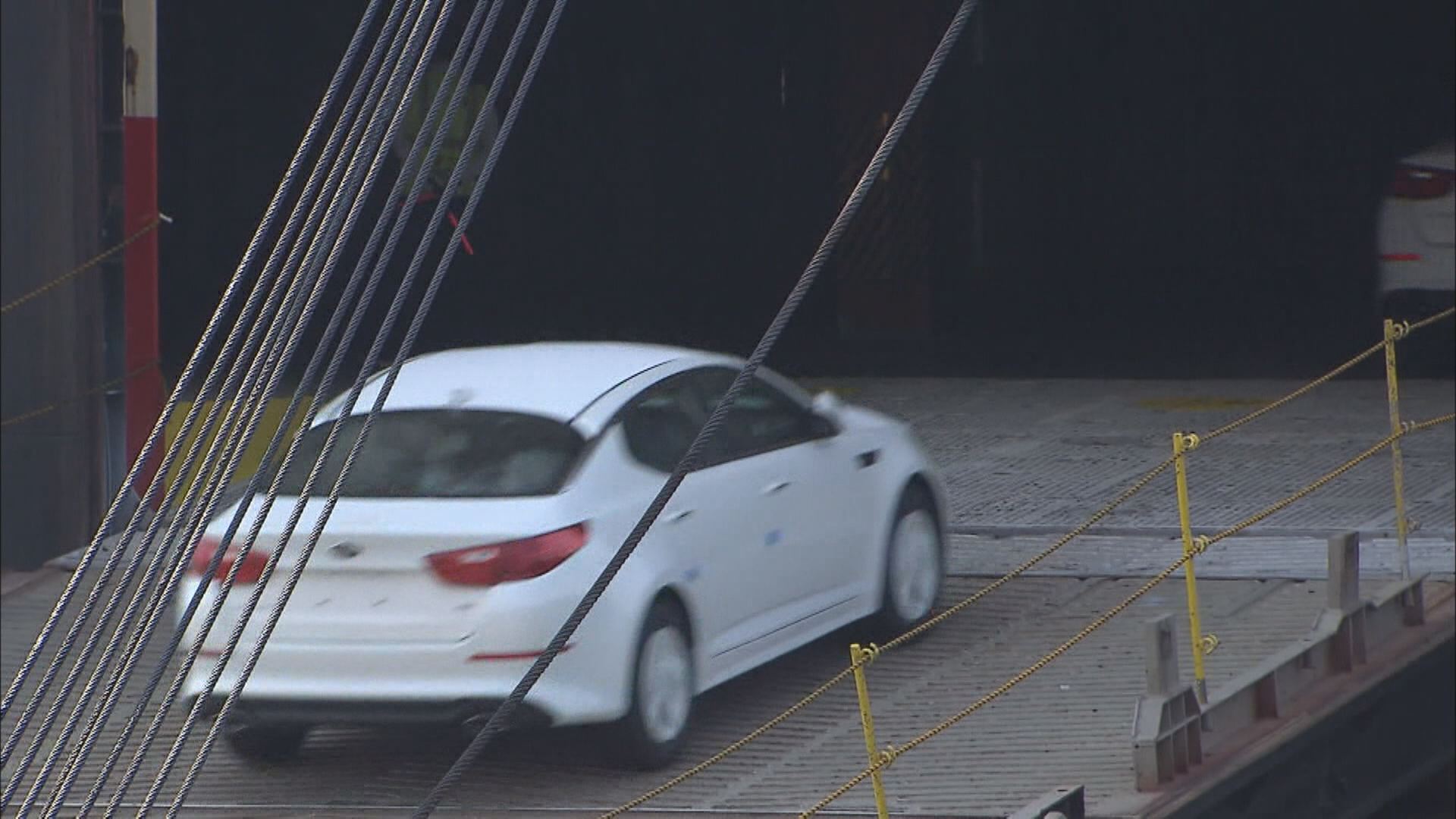
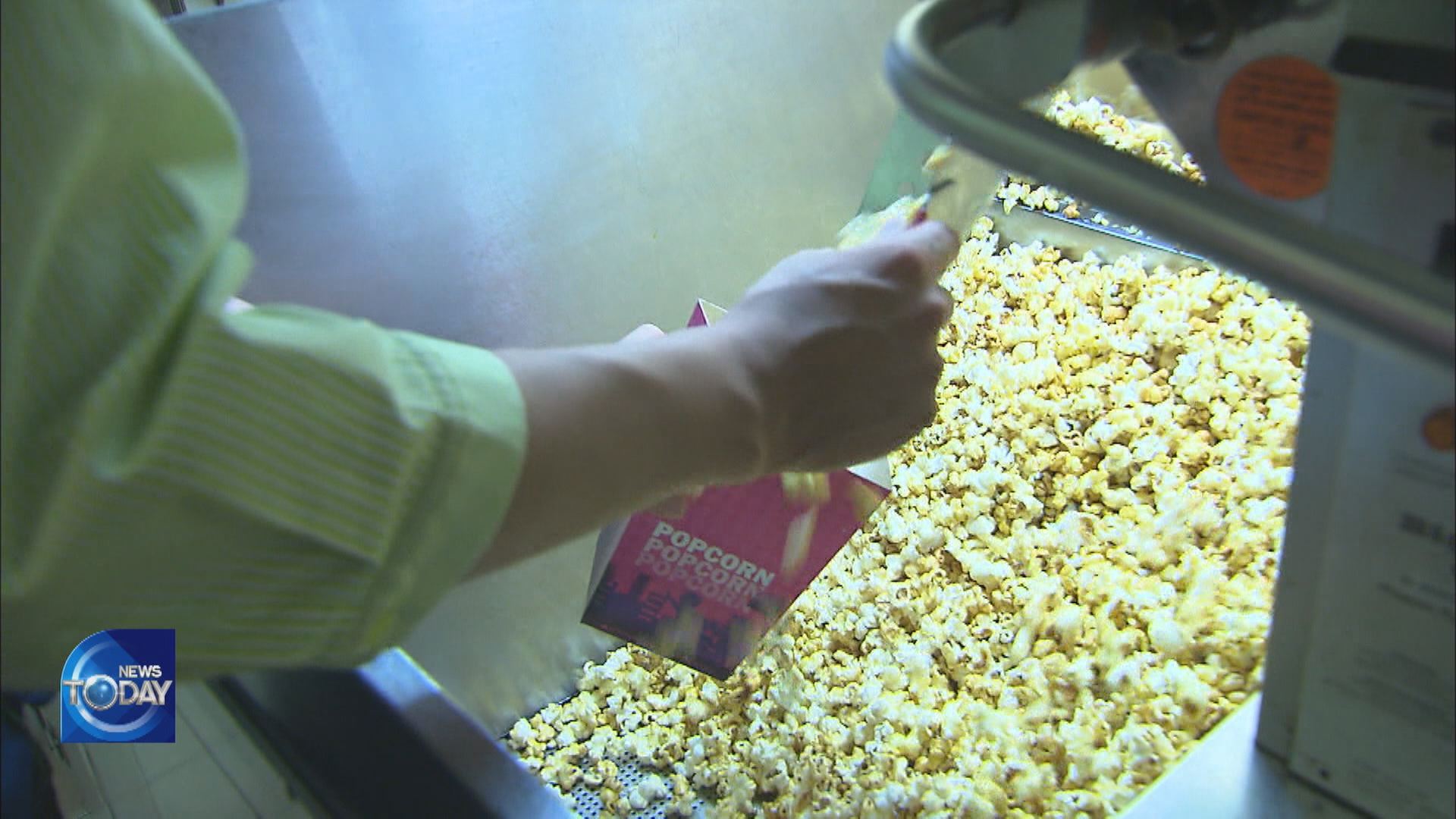
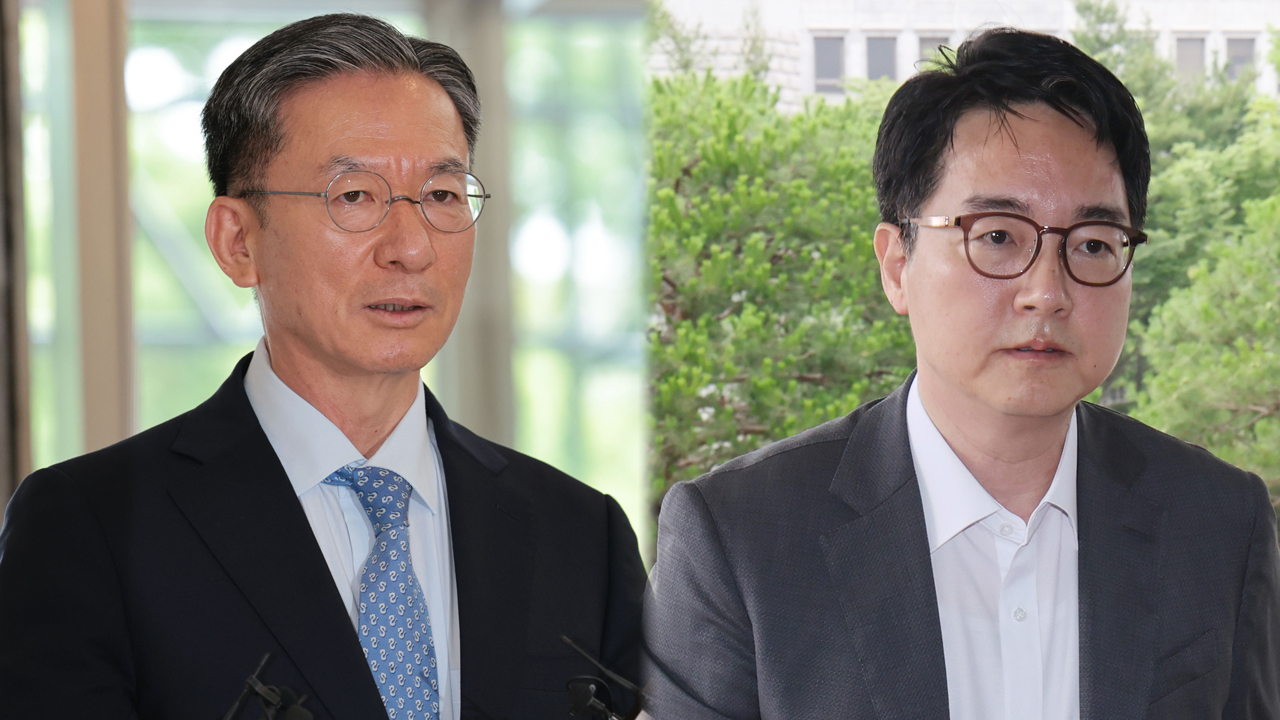
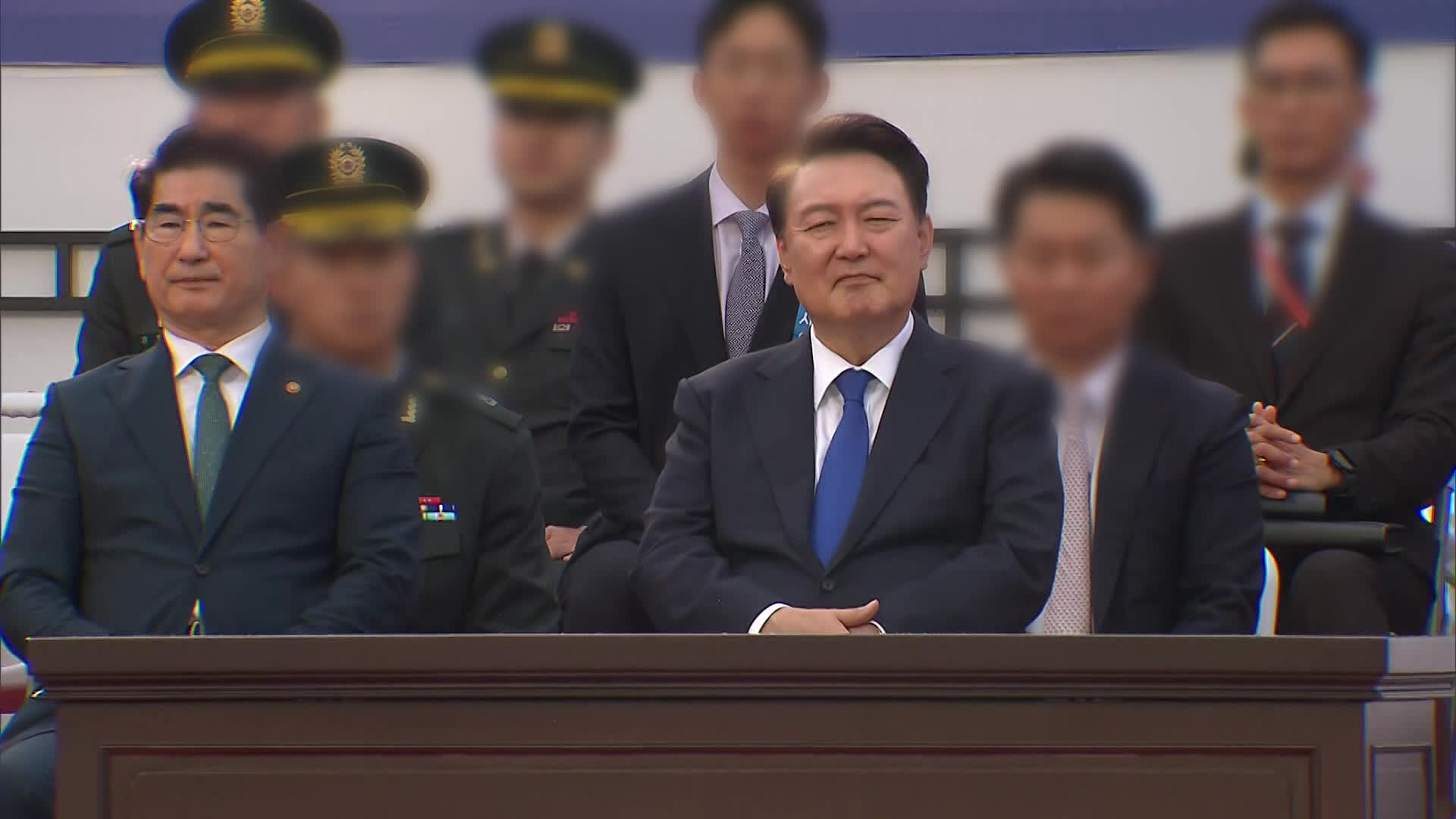
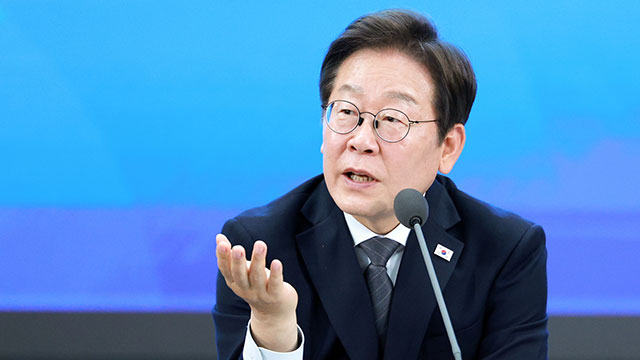
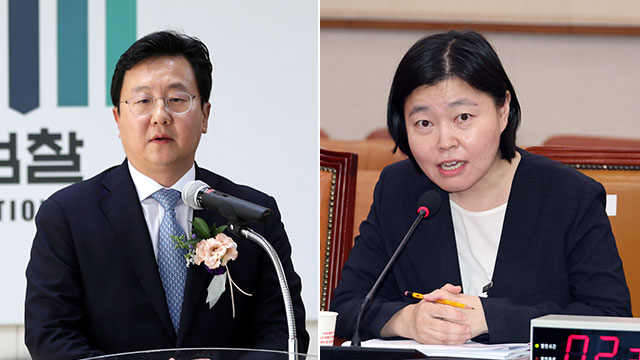

이 기사에 대한 의견을 남겨주세요.